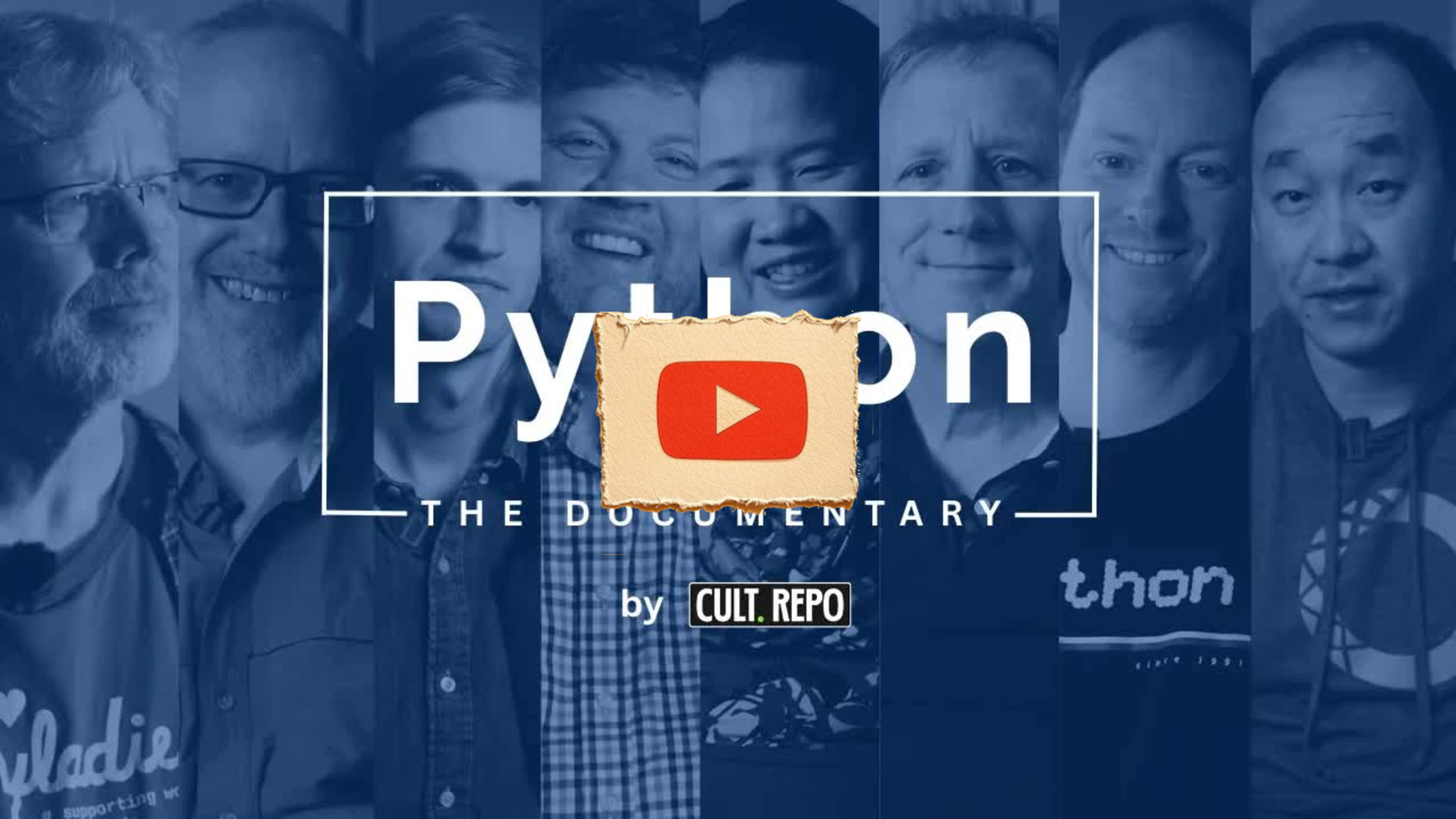Key Points
- Python originated in Amsterdam in the 80s at CWI, building on the ABC project designed to make programming accessible to non-programmers and artists
- Guido van Rossum created Python during Christmas 1989 as a hobby project to bridge the gap between C and shell scripting
- Python borrowed ABC's indentation for statement grouping but dropped features Guido didn't like, creating a more practical language
- The language was named after Monty Python's Flying Circus, establishing a culture of humor and community from the beginning
- Python's early success came from being the first real interactive systems programming language that was readable and fun to use
- The 1994 workshop at NIST marked the beginning of the Python community, bringing together 20 enthusiasts who shaped the language's direction
- Guido became the "Benevolent Dictator for Life" (BDFL), providing stable leadership and final decision-making authority for decades
- Python's open-source nature and easy installation made it attractive compared to expensive proprietary alternatives like MATLAB
- The scientific community adopted Python heavily, with NumPy, SciPy, and pandas becoming foundational tools for data analysis
- Companies like Dropbox proved Python could scale to production systems serving millions of users, changing perceptions about its capabilities
- The Python 2 to Python 3 transition was painful and took over a decade, teaching important lessons about backward compatibility
- The community successfully addressed diversity issues, growing female speaker representation from 1% to 40% at PyCon conferences
- Mariatta became the first woman Python core developer through Guido's active mentorship program
- The rise of data science, machine learning, and AI positioned Python as the dominant language for these critical fields
- Major ML frameworks like TensorFlow and PyTorch chose Python APIs, cementing its role in the AI revolution
- Guido resigned as BDFL in 2018 over the controversial "walrus operator" debate, leading to the creation of a 5-person steering council
- Python evolved from a hobby project to one of the world's most popular programming languages, used everywhere from kindergarten education to Mars rovers
- The language succeeded by prioritizing readability, community, and accessibility, making programming approachable to scientists, artists, and non-traditional programmers
Full Transcript
 Great Pods
Great Pods
 Great Pods
Great Pods